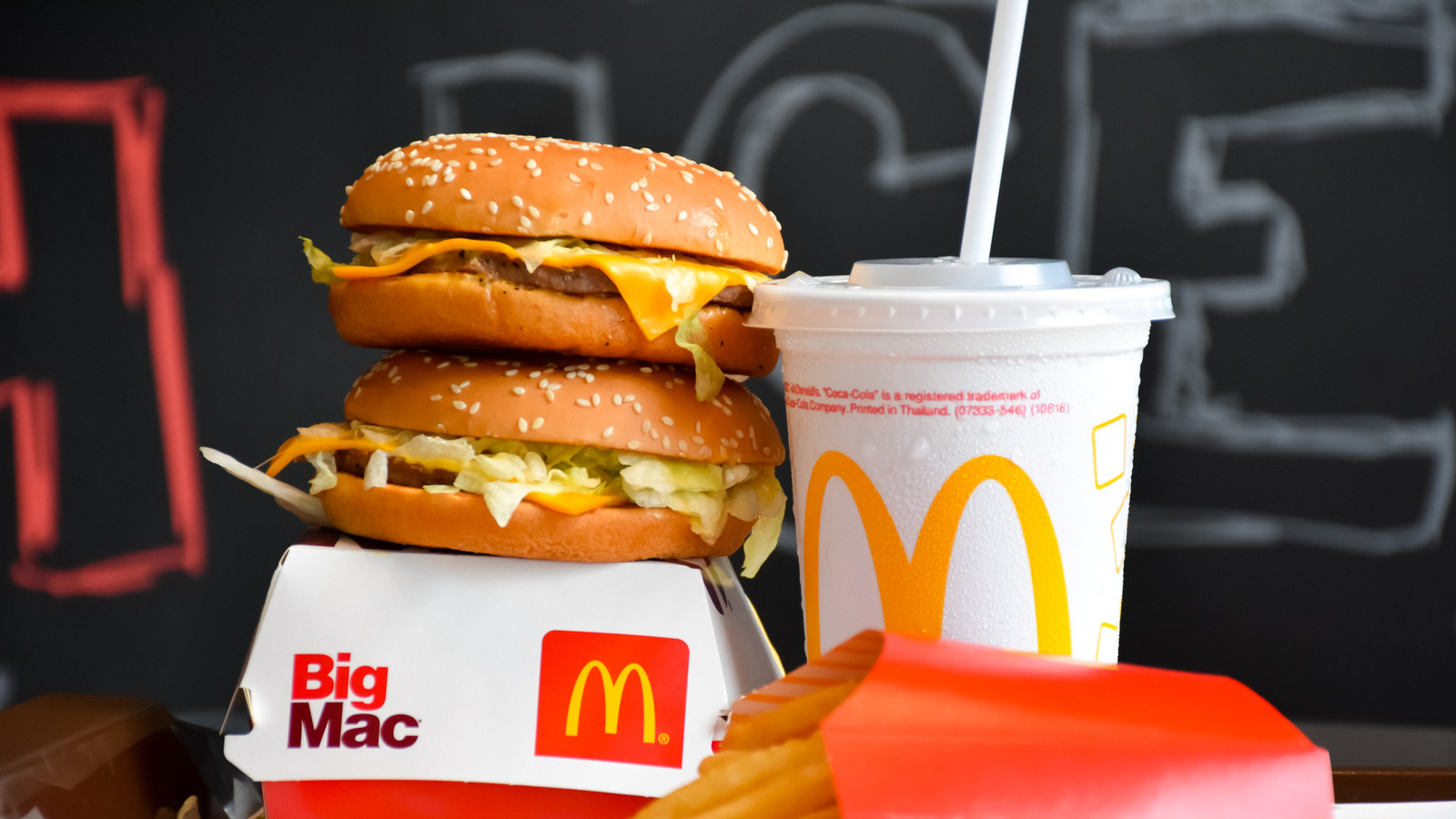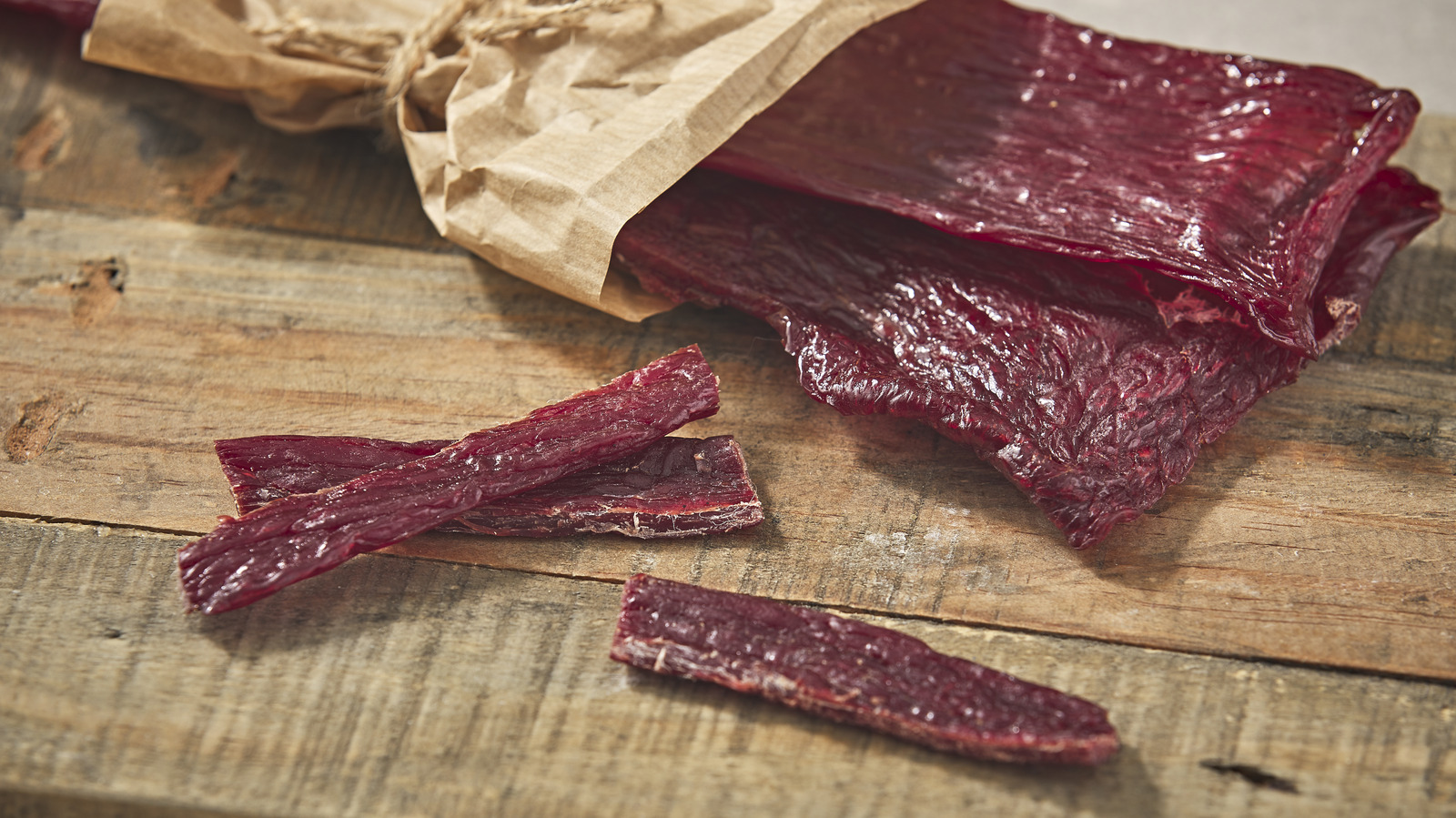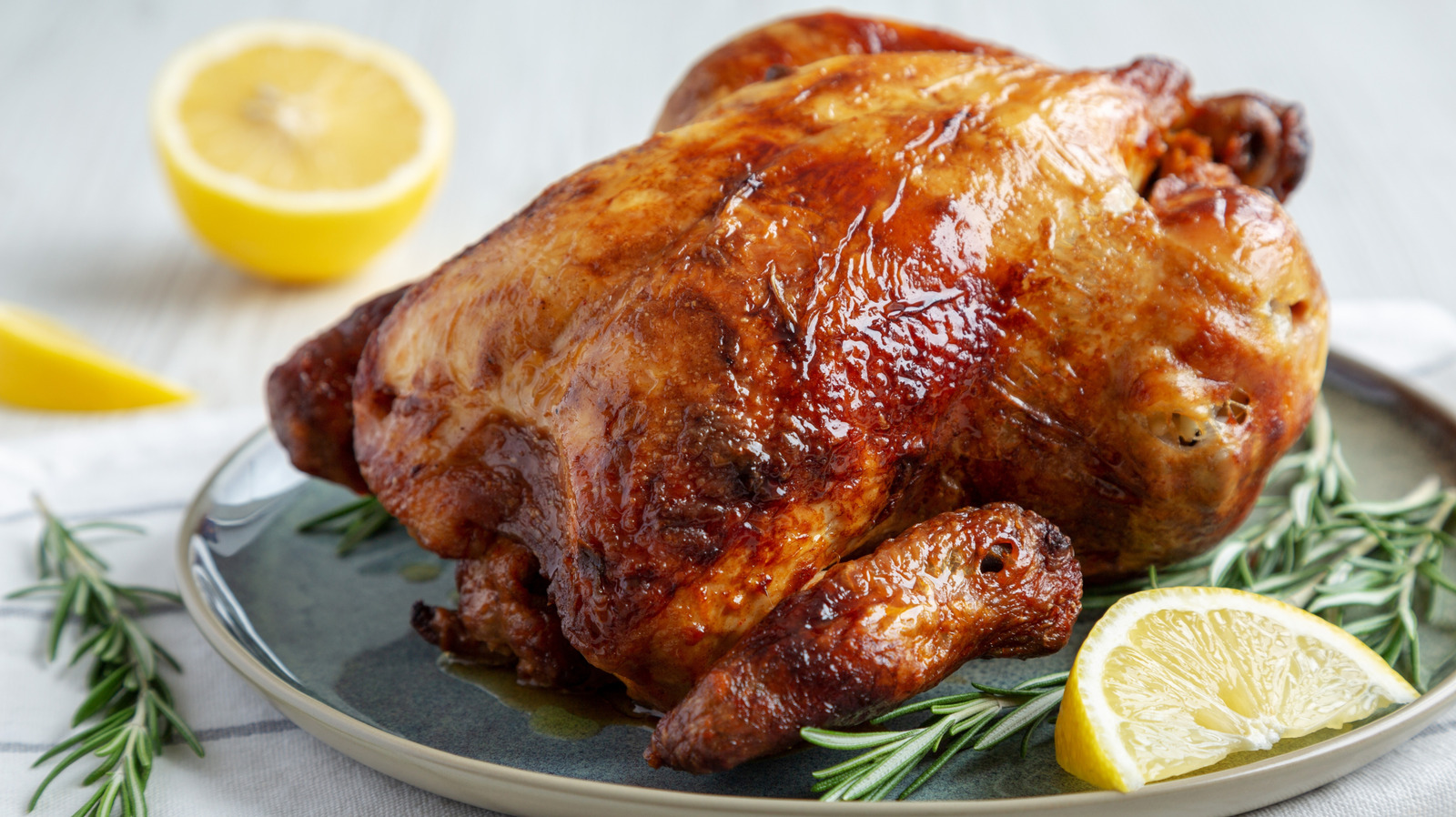The proposed 125% tariff hike on Chinese footwear was rolled back on May 12, but the warning was enough to force a reset across the industry. Brands are realizing that relying on international sourcing for complex products like shoes is a long-term risk they can no longer make. For many, the scare accelerated a shift already underway: moving toward faster, smarter, more resilient ways to manufacture.
Footwear is uniquely complicated when considering tariffs. A single sneaker can include over 60 parts, including foam midsoles, rubber outsoles, textiles, plastics, adhesives and metal hardware. Different materials carry different tariff rates, and shoes often cross multiple borders during production. That complexity leaves brands exposed to sudden cost increases, unpredictable delays and strained supplier relationships.
Cam Myers, CEO of the U.S.-based manufacturing company CreateMe, said the last year has been a wake-up call for many companies. “Brands are no longer just chasing margins, they’re chasing control,” he said.
Continue reading this article on glossy.co. Sign up for Glossy newsletters to get the latest on the business of beauty, fashion and pop culture.












 English (US) ·
English (US) ·